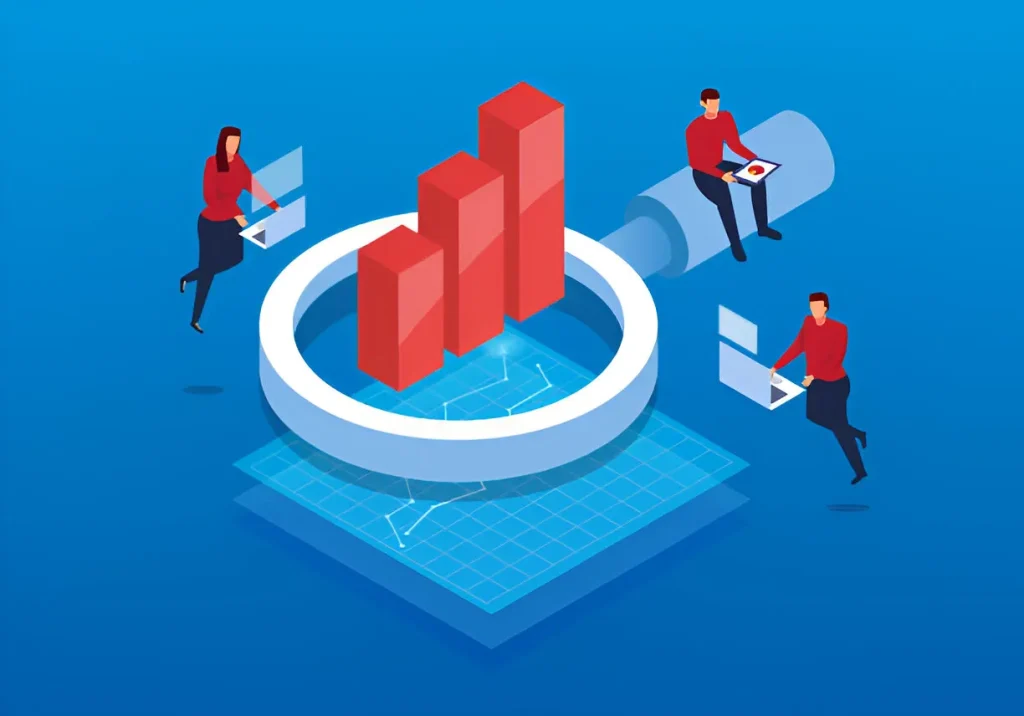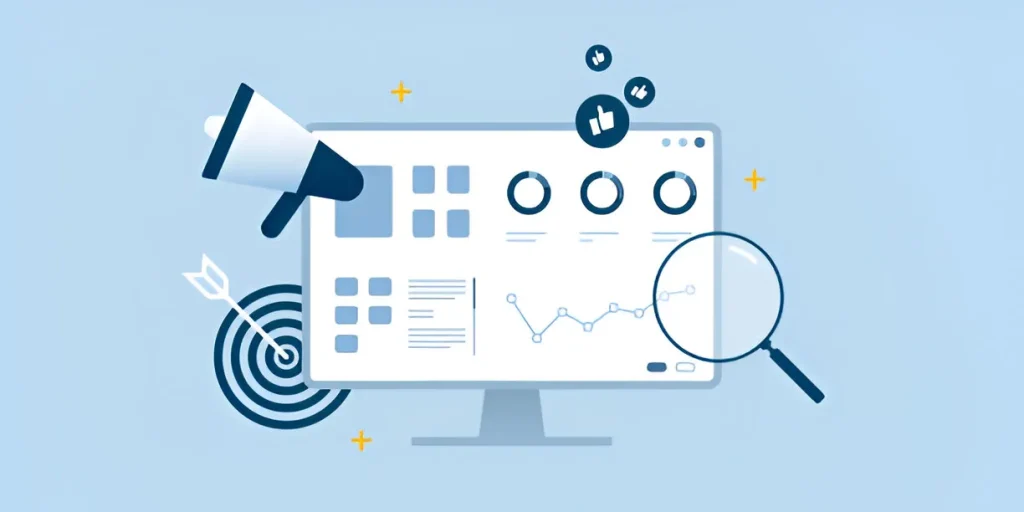In today’s digitized world, it is essential for anyone attempting to increase their online presence to rank higher on Google, whether you’re an aspiring influence, business owner, or a digital marketer. Understanding effective SEO strategies as competitions intensifies can result in enhanced credibility, visibility and gradually, increased organic traffic. Learn how to rank higher on Google and get more traffic via NOS’s strategic approach of using key SEO principles.
Understanding SEO: The Foundation for Online Success
Search Engine Optimization (SEO) is the fundamental practice of optimizing a marketplace website to improve its visibility in search engine results. With billions of ecommerce websites, having a firm understanding of SEO strategies is key to elevating your presence online. Additionally, SEO includes several elements, such as both on-page and off-page factors, which work together to increase search engine ranking.
What is SEO?
SEO involves a series of strategies aimed at improving how search engines view your site. Understanding the basics of SEO, including its components such as keyword usage, SEO content quality, and backend optimization, is crucial for anyone looking to enhance their online presence. To show exceptional SEO not only increases visibility but also helps in building trust with your audience.
Related: What is SEO? A Search Engine Optimization Guide By NOS
The Significance of Search Intent in SEO
A foundation of effective SEO is understanding search intent. Why do users search for certain keywords? Are they looking for information, expecting to make a purchase, or finding a specific location? Orienting your content with the intent of your audience’s demands can significantly impact your Google ranking. For example, creating informative articles or blog posts for users with the intent of providing knowledge can elevate your visibility.
Types of Search Intent
Explore the different types of search intent:
- Informational
- Navigational
- Transactional
- commercial investigation
Understanding these intents enables you to tailor your content strategy to attract and retain your target audience.
Mastering On-Page SEO Techniques
On-page SEO plays a vital role in determining how easily search engines can understand and index your website. Here are some key components:
Keyword Research
Before crafting content, conduct keyword research to identify relevant terms. Utilize tools like Google Keyword Planner or Ahrefs to discover high-traffic keywords related to your niche, including long-tail variations, which often have lower competition. Proper keyword selection helps guide your content strategy and increases the chances of generating organic traffic.
Conducting Comprehensive Keyword Research
Keywords act as the bridge between what users search for and what your content delivers. Researching the right ones can make or break your SEO efforts.
Tools for Effective Research
- Google Keyword Planner: Free and beginner-friendly.
- Ahrefs and SEMrush: Advanced tools for competition analysis.
- Answer the Public: Ideal for identifying trending questions.
Focus on Long-Tail Keywords
While short-tail keywords like “SEO” are competitive, long-tail keywords like “best SEO tips for beginners” have lower competition and higher intent, making them golden opportunities.
Crafting Quality Content
In the world of SEO, article or blog content is king. For a corporate or marketplace website to rank higher on Google, it is vital to focus on generating high-quality, engaging content that resonates with targeted audiences. Ensure it’s informative, well-structured, and answers common questions users may have. The more valuable your content marketing strategy, the more likely it will be shared and linked to, increasing your dominance and rankings. Furthermore, integrating your potency in Online Reputation Management (ORM) can be essential, as credibility can be a deprecative factor in content engagement and sharing.
Read More About: 8 steps to launch a powered-up Instagram content strategy
Optimizing Meta Tags
Surprisingly, web pages that have optimized meta titles can experience a 8.8% higher CTR on average compared to others without any descriptions. This highlights the significance of crafting persuasive titles to attract clicks. Compelling primary and secondary keywords also play a crucial role in optimizing tags. A well-crafted meta description can increase your click-through rate (CTR) efficiently, leading more users to your site.
Emphasizing Internal Linking
Internal linking connects various pages on your website, enhancing navigation and spreading link equity. Use descriptive anchor text for your internal links, making it easy for search engines and users alike to understand the content linked. This is especially relevant for marketplace website development, where linking product pages and categories can encourage deeper browsing and conversion rates.
Related: What Are Website Maintenance Services?
Exploring Off-Page SEO Strategies
Off-page SEO refers to actions taken outside your website to impact your rankings.
Building a Robust Backlink Profile
Quality backlinks from reputable websites signal to search engines that you’re a trusted source. Develop a robust backlink profile by:
- Blogging: Write informative and relevant articles for reputable blogs in your industry. This can enhance your credibility and direct traffic back to your site.
Read more about blog post writing tips and techniques for higher Google rankings
- Collaborating: Partner with influencers or businesses to co-create content that links back to your site. Building relationships can provide you with valuable connections in your marketplace.
- Engaging in Online Communities: Participate in forums and social platforms, linking back to your content when appropriate. This helps to boost your visibility and establish your company’s reputation.
Harnessing Social Media for SEO
Your SEO efforts can be influenced indirectly via social media marketing (SMM) & engagement. Actively share your content on social media by using the best SMM campaigns to drive traffic and visibility to your site. Build community engagement via efficient social media community management services around your brand that can boost backlinks and shares. Remember, a robust online reputation is often reflected in how well your content is received on social platforms, reinforcing your brand’s image.
Enhancing User Experience (UX) Factors
User experience is crucial for maintaining visitors and improving ranking. Essential UX factors include:
Page Load Speed
Fast-loading pages prevent user frustration. Use tools like Google PageSpeed Insights to optimize your site’s loading times.
Mobile Optimization
Ensure your website is mobile-friendly. With over half of all internet traffic coming from mobile devices, a responsive design is crucial.
Read More About: Mobile User-friendly Dashboard Designs Web Development
Clear Navigation
A well-structured website allows users to find information quickly and enhances the overall experience.
The Role of Local SEO and Google Maps
For businesses targeting local customers, local SEO is key. Optimizing your visibility in local search results can significantly enhance your traffic.
Leveraging Local SEO
If your business has a physical presence, local SEO is crucial. It ensures you appear in searches for local services or products, often leading to direct customer visits.
Optimizing for Local Searches
- Include location-specific keywords in your content.
- Create location pages for each area you serve.
The Power of Google My Business
Claim and optimize your Google My Business (GMB) listing. Add accurate business information, high-quality photos, and encourage reviews.
Related: How to Collect Customer Reviews
Optimizing Google My Business (GMB)
Claim and modify your Google My Business listing. It is vital to add accurate and complete information about your business—address, phone number, and operating hours. Regularly post updates and images to keep your profile active and engaging; this helps in ranking higher in local searches. Responding to customer reviews, whether positive or negative, can also boost your local credibility.
Learn more on setting up your GMB profiles
Collecting and Showcasing Reviews
Positive reviews improve trust and influence rankings. Encourage satisfied customers to leave reviews and respond to them promptly.
Measuring Your Success
By using tools, including Google Analytics and Google Search Console will assist you in tracking your traffic and understand the credibility of your SEO techniques. Monitor data regularly to identify which strategies work best and make necessary adjustments.
Harnessing the Power of Social Signals
While social media isn’t a direct ranking factor, it plays an indirect role in boosting your SEO efforts. How? Through increased visibility, engagement, and traffic.
Related: The 2024 Best SEO Agency in Dubai, UAE
How Social Media Impacts SEO
- Social shares can increase the reach of your content.
- Engaged users are more likely to link back to your site.
Tips for Effective Social Media Use
- Share your blog posts and articles on platforms like Facebook, Twitter, and LinkedIn.
- Engage with your audience by responding to comments and questions.
- Use eye-catching visuals and headlines to grab attention.
Monitoring and Analyzing Performance
SEO isn’t a one-and-done task. Regularly tracking your Digital performance ensures you’re on the right path and helps you identify areas for improvement.
Tools for Tracking Performance
- Google Analytics: Track traffic, bounce rates, and conversions.
- Google Search Console: Monitor your site’s search performance, including keyword rankings and technical issues.
- SEMrush and Ahrefs: Comprehensive tools for SEO audits and competitor analysis.
Related: Search Engine Optimization Services Dubai
Adjusting Strategy Based on Insights
Analyze what’s working and double down on those strategies. If certain keywords or content types perform better, focus on creating more of that. Conversely, fix or remove underperforming pages.
Staying Updated with SEO Trends
Google’s algorithm is constantly evolving, and staying updated is vital for long-term success. Adapting to trends ensures you don’t fall behind.
Keeping Up with Google Updates
- Follow reliable SEO blogs like Moz, Search Engine Journal, and Neil Patel’s blog.
- Pay attention to major algorithm updates like Panda, Penguin, and Core Web Vitals.
Related: High-Quality, Affordable Website Development
Importance of Continuous Learning
SEO isn’t static; it’s a dynamic field that requires consistent learning. Attend webinars, take courses, and experiment with new strategies to stay ahead.
Avoiding Common SEO Mistakes
SEO mistakes can hurt your rankings, sometimes irreparably. Here are some pitfalls to avoid:
Keyword Stuffing and Duplicate Content
Using too many keywords can make content feel unnatural. Duplicate content confuses search engines, leading to ranking penalties.
Ignoring Analytics and Performance Data
Data is your guide. Failing to analyze traffic trends or user behavior can result in missed opportunities.
Using Outdated Practices
Avoid outdated tactics like buying backlinks or using exact-match anchor text excessively. Google’s algorithm penalizes such behavior.
The Role of AI in SEO
AI is revolutionizing SEO, making it smarter and more efficient. From keyword research to content optimization, AI-powered tools are invaluable.
AI-Powered Tools for SEO
- Surfer SEO: Helps optimize content for keyword usage and readability.
- Jasper AI: Generates content ideas and drafts.
- ChatGPT: Great for brainstorming and improving readability.
The Future of AI and SEO
AI will continue shaping how we optimize for search engines. Voice search, personalization, and predictive analytics are just a few areas where AI will play a critical role.
Conclusion
A multifaceted approach is required to rank higher on Google starting from optimizing your content and improving user experience to engaging in effective off-page strategies. However, you can significantly enhance your website’s visibility and drive more organic traffic with the use of NOS Digital services.
Related: How to Develop a Dashboard Web App
FAQs
1. How to rank higher on Google search?
To rank higher, focus on optimizing content for relevant keywords, creating engaging, high-quality content, improving load speed, and ensuring mobile-friendliness.
2. How to rank higher on Google Maps in GMB?
To rank higher on Google Maps, accurately optimize your Google My Business (GMB) listing with proper information, photos, and updates. Respond to customer reviews to enhance engagement and visibility.
3. How to increase Google ranking with organic methods?
Boost your Google ranking organically by generating high-quality web blog content, optimizing SEO best practices, and building a strong backlink profile via SMM creation.
4. How to increase website ranking in Google?
To increase website ranking, perform keyword research, optimize on-page SEO (meta tags, headers), and create valuable content. Use off-page strategies like gaining backlinks and monitor performance with Google Analytics.
5. What are the most important SEO tools to use?
Tools like Google Analytics, SEMrush, and Ahrefs are essential for tracking performance and finding optimization opportunities.
6. How long does it take to see results from SEO?
Typically, you’ll start noticing improvements in 4-6 months, but results depend on competition and effort.
7. What is the best way to get high-quality backlinks?
Guest blogging, partnerships, and creating link-worthy content are great strategies.
8. Why is mobile optimization critical for SEO?
With the majority of searches happening on mobile, Google prioritizes mobile-friendly websites in its rankings.
9. Can I rank higher on Google without backlinks?
While possible, it’s challenging. Backlinks significantly boost authority and trust, making it easier to rank.
10. Can I rank without creating content?
Content is crucial for SEO. Without it, there’s little for search engines to rank.
11. Is local SEO only for small businesses?
No, local SEO benefits any business targeting a specific geographical area, big or small.
12. How often should I update my SEO strategy?
Regularly! Analyze performance monthly and adapt your strategy as needed to keep up with trends.




